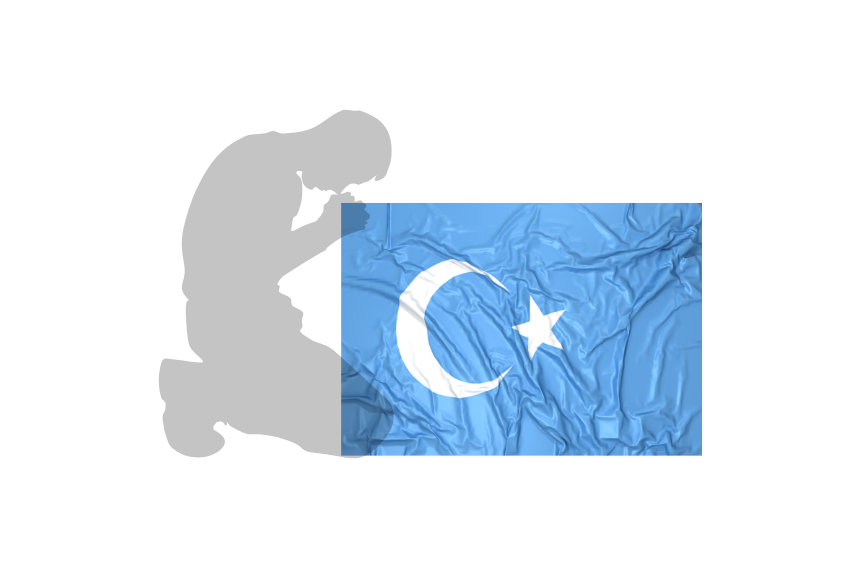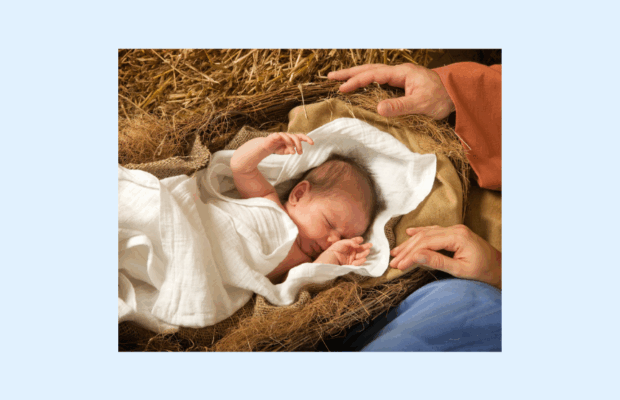
China is home to almost 12 million Uyghur (wee·gr) people, the vast majority of whom live in northwest China. Uyghurs are an ethnic minority, having a different cultural background and speaking a different language than the Chinese. Uyghurs are a Turkic, oasis-dwelling people whose homeland, Xinjiang Uyghur Autonomous Region of China, has been modernized and firmly integrated into the Chinese state. They are facing the annihilation of their culture and language at the hands of the Chinese Communist Party, which is waging an incredibly effective campaign to secularize, Sinicize, and cull the Uyghur population. The Chinese government has been accused by various governments and non-governmental institutions of committing genocide and possible crimes against humanity in their treatment of the Uyghur people.
Through a unique combination of circumstances and connections, God has opened the door for The Tide ministry to engage in a media outreach to share the Gospel in the Uyghur language. Given the extreme sensitivity of the situation, we cannot share specific details about this initiative that The Tide ministry is helping to pioneer and will only identify it as our Uyghur Project. Recently, the point person on our Uyghur Project team made a visit to China’s Xinjiang Province and reported the following observations concerning the daily life of the Uyghur people in their homeland.
There is a veneer of normalcy in everyday life in Xinjiang in 2025. The area visited felt like any mid-tier Chinese metropolis. Markets bustle with activity, taxis and motorcycles hustle through crowded streets, and children wake up at 7am for school (although 7am feels like 4am, since Xinjiang has the same time as Beijing over 2,000 miles to the east). Security checkpoints are still prevalent, but they have been relaxed: many are waved through, and Uyghurs were not seen being required to show their ID’s or phones. Chinese visitors flock to previously lived-in Uyghur areas converted to commercial tourist destinations. Many were seen posing with replicas of Uyghur cultural artifacts for their social media audiences. In scenes eerily reminiscent of the Wild West Show, Uyghurs smile as they perform ethnic dances for Chinese tourists who mimic Indian war cries – while cadres monitor from nearby.
Underneath this veneer is the pain and silent cry of Uyghurs who are forcibly being assimilated into secular Han Chinese society, who have seen their community leaders, family, and friends vanish, their doors covered with red Chinese signs, and their heart language and ancient ways of living fade into history. The assimilation policies have created a large and painful gulf of separation between the adult generation – many of whom have been or know someone who has been sent away to the reeducation camps – and their children who are becoming culturally Chinese and have little or no understanding of the Chinese campaign. Adults are not able to speak freely to their children due to the risk of their children reporting conversations to their teachers. The threat of disappearance and reeducation looms over any spiritual conversation or sharing of spiritual content. The result is a population that has masked their true selves with each other, even at home, and perhaps in time even to themselves, and who have become docile and subservient citizens. Uyghurs act as if things are normal as a coping mechanism, but the psychological toll of this 24/7 forced disassociation must be traumatic.
But God is at work. As you engage with a listening heart and a spirit of humility, the veneer starts to crumble, and underneath that veneer is an incredible level of spiritual openness. Most Uyghurs encountered were willing to engage in deeper conversations despite the risk. As hearts are being prepared, now is the time for Uyghurs to come to know that God has not abandoned them, that God does not require works such as fasting for salvation, and that through our Lord, their day of deliverance is at hand. May they all come to know that the Son of Man is walking amongst them through the valley, even in this present moment. May they all come to know that they are special and loved by God, and that they do have a seat amongst the nations of the world – as fellow brothers and sisters, different but equal.
Uyghurs came from diverse faith backgrounds, but by the 15th century they had become an Islamized people group. When they have had the opportunity to hear the Gospel, Uyghurs have exhibited greater openness than most Muslims. Revival broke out from Kashgar in the early 20th century, but persecution sent the Uyghur church underground and joshuaproject.net estimates that currently less than .1% of Uyghurs in China are followers of Christ. Please consider what you can do to help The Tide ministry provide the Uyghur people of China with Gospel access in their heart language during this remarkable window of opportunity.



